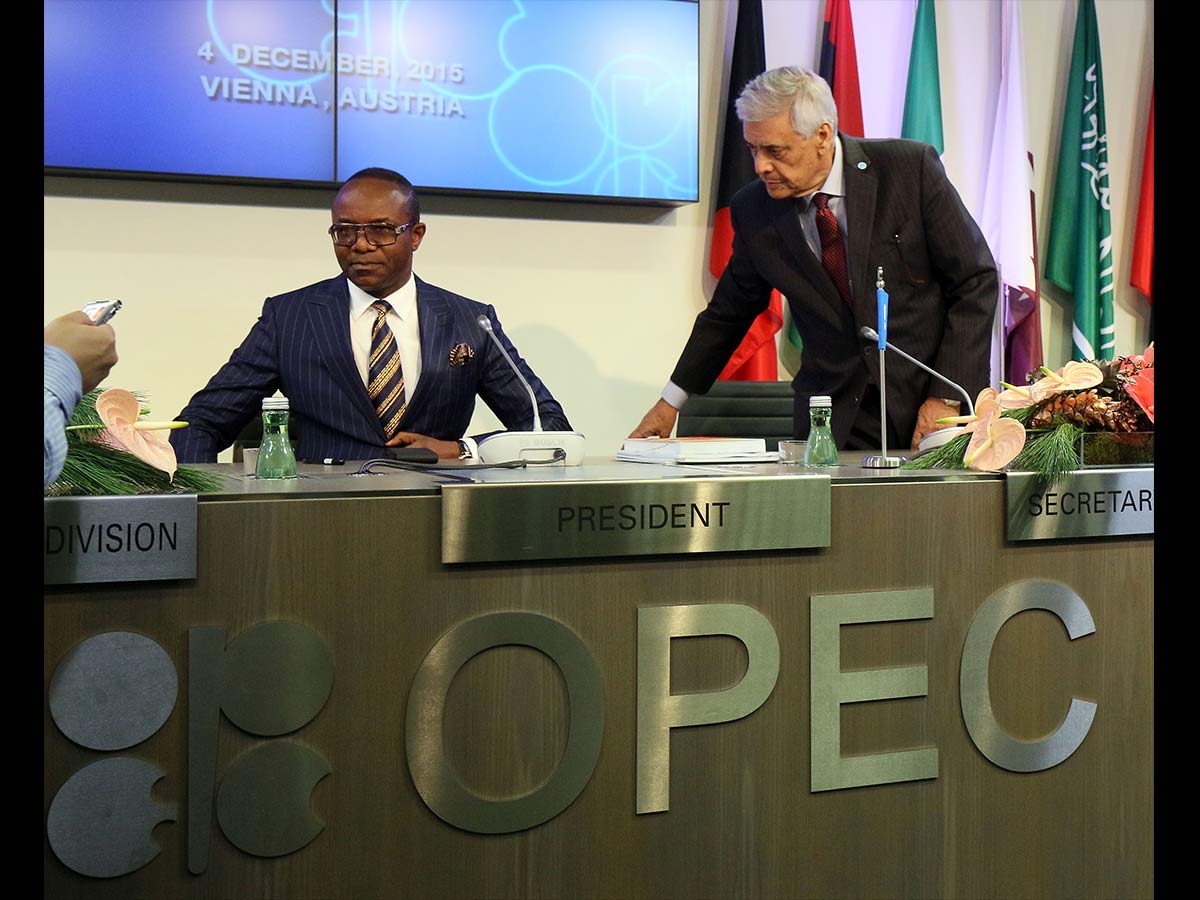- Oil: Nigeria, Others Face Regulatory Challenges, Says PwC
The oil and gas industry in Nigeria and other African countries continues to face market challenges arising from low oil price, competition for revenue growth and local talent together with new expectations from investors and regulators.
The Pricewaterhouse Coopers said on Wednesday in its Africa oil and gas review entitled, ‘Learning to leapfrog’, that the top challenges in the industry had remained similar to those in previous years with uncertain regulatory frameworks, corruption and tax requirements in the top six for the past four years.
It said financing costs and foreign currency volatility had both become more critical challenges since 2015 when they were ranked 11th and 10th, respectively.
“Africa’s oil and gas industry is experiencing significant change and upheaval. There are fundamental shifts in companies’ strategies, business models and ways of working,” says the PwC Africa Oil and Gas Advisory Leader, Chris Bredenhann.
The report said the sustained lower price of oil had been accepted as the new norm in the industry with companies putting plans in place to enable a more agile response to commodity price fluctuations in the future.
“The time is opportune for oil and gas companies to take up and utilise advances in technology as an enabler in meeting some of the challenges faced. Instead of playing catch-up with the rest of the world, we believe that the industry should be ‘learning to leapfrog’ so that they are not only ahead of disruption – they actually cause it,” Bredenhann says.
The PwC noted that Africa’s share of global oil production had continued its downward trend from the past four years, dropping sharply, moving it down from 9.1 per cent of global output last year to 8.6 per cent.
According to the report, countries such as Nigeria, South Africa and Tanzania are experiencing significant regulatory issues.
“It is disheartening that governments are not catching up to demands and calls from oil and gas companies to ensure regulatory certainty to players who are looking to invest in hydrocarbon plays in various African countries,” Bredenhann said.
Describing regulatory issues as a critical challenge across the continent, the PwC noted that the Petroleum Industry Bill had been lagging in the National Assembly since 2008, with various stakeholders opposing it to varying degrees, creating significant uncertainty in the industry.
It said the splitting of the bill into four parts had achieved some success, as the Petroleum Industry Governance Bill had been passed.
“While the remainder may take longer than this year to pass, this marks a significant milestone for the bill, and there is hope that this will bring some certainty to the industry,” said the PwC.
The report said corruption moved up slightly on the agenda this year, moving from third place to second place, with numerous instances occurring across the continent.
It said despite the existence of anti-corruption programmes at government and corporate levels, the effectiveness of such programmes was questionable.
The report said, “In the context of corruption issues, it is not surprising that the costs of finance have risen to third among major challenges for African players. It is likely that the regional issues and uncertainties, combined with a constrained wider industry, have led banks and other institutions to be wary of offering favourable financing terms.
“Indeed, in Nigeria, we’ve seen banks express difficulties in providing loans to the industry. For national banks in Nigeria, this would have been driven in part by high inflation rates, which averaged 16 per cent in 2016. Of course, with international lenders, part of this difficulty is driven by volatile and/or depreciating currencies.”
As most respondents operate multinationally, foreign currency volatility is a key issue, according to the report.
Bredenhann said, “The oil and gas industry in Africa is riddled with complex challenges and adversity, but with challenge comes opportunity. The opportunity is there for players who are willing to ‘reimagine the possible’ in a future that looks very different to our present.
“It is clear that African oil players must ‘learn to leapfrog’ to remain competitive in the new energy future.”

 Forex3 weeks ago
Forex3 weeks ago


 Naira2 weeks ago
Naira2 weeks ago
 Billionaire Watch2 weeks ago
Billionaire Watch2 weeks ago




 Naira2 weeks ago
Naira2 weeks ago




 Naira2 weeks ago
Naira2 weeks ago




 Naira4 weeks ago
Naira4 weeks ago


 Naira7 days ago
Naira7 days ago
 Banking Sector4 weeks ago
Banking Sector4 weeks ago






















